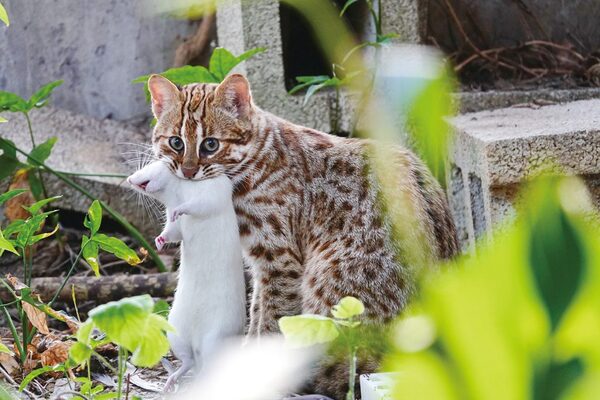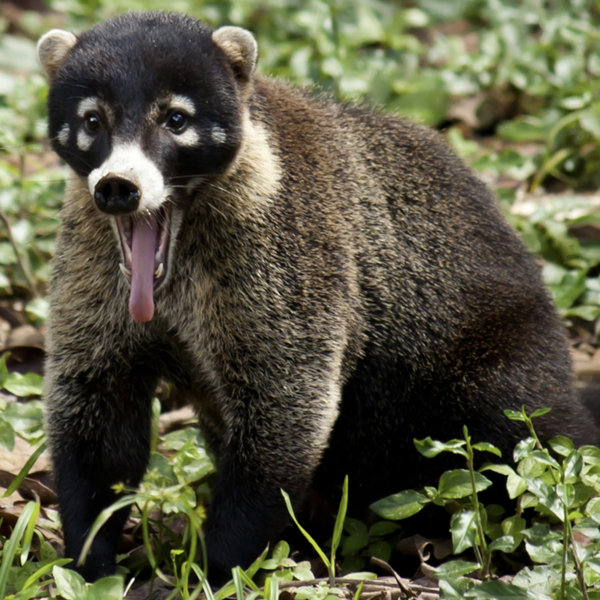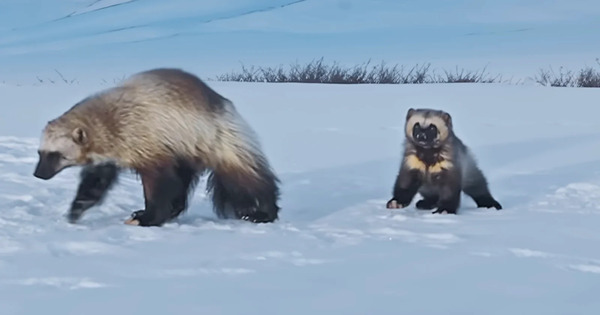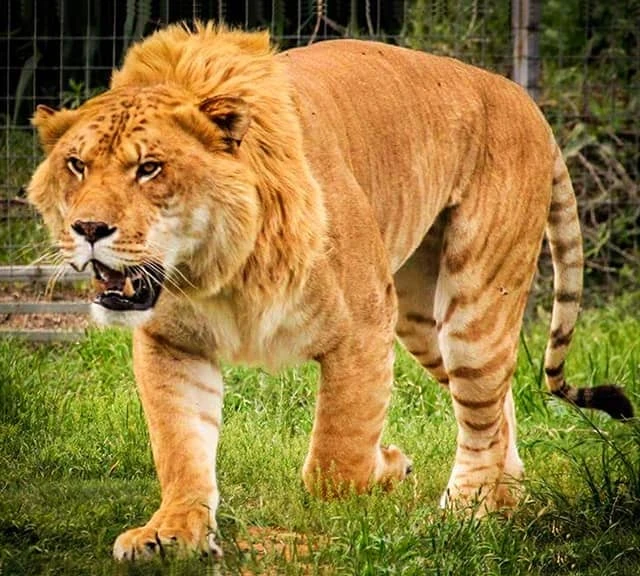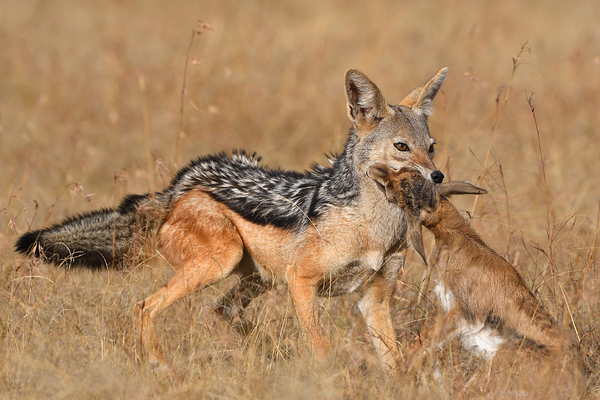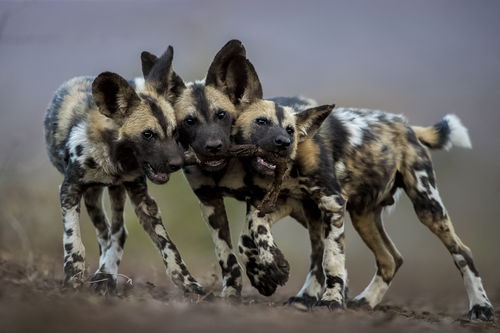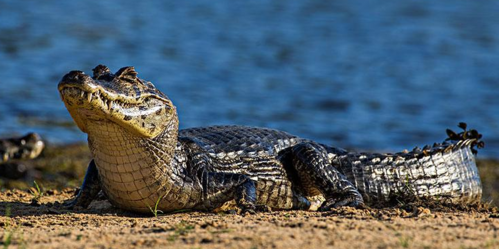Pointer
IUCN
LCBasic Information
Feature
It has a keen sense of smell, runs fast, has a quick pace, has endurance and graceful posture. It is one of the favorite dog breeds among hunters.
Distribution and Habitat
Originated from the UK
Appearance
The head is long, with thin cheeks and a long muzzle. The thin ears are set low, loosely folded and close to the head. The eyes are slightly sunken, of medium size, and light brown or brown in color. The chest is deep but not wide, not preventing free movement of the front legs, and the breastbone is obvious. The back is strong and firm, rising slightly from the hips to the shoulder blades. The loin is of medium length. Powerful and slightly arched. The elbows are low, just below the withers and parallel to the body. The paws are oval, long and compact, with thick and deep pads.
The coat color is generally a combination of dark blue, lemon, black, orange and white or solid colors. The coat is short and dense, smooth and shiny.
Details
Pointer is a transliteration of the English word Pointer. Another more intuitive translation of the Pointer Hound is "pointing dog". The hometown of the Pointer Hound is indeed the United Kingdom.
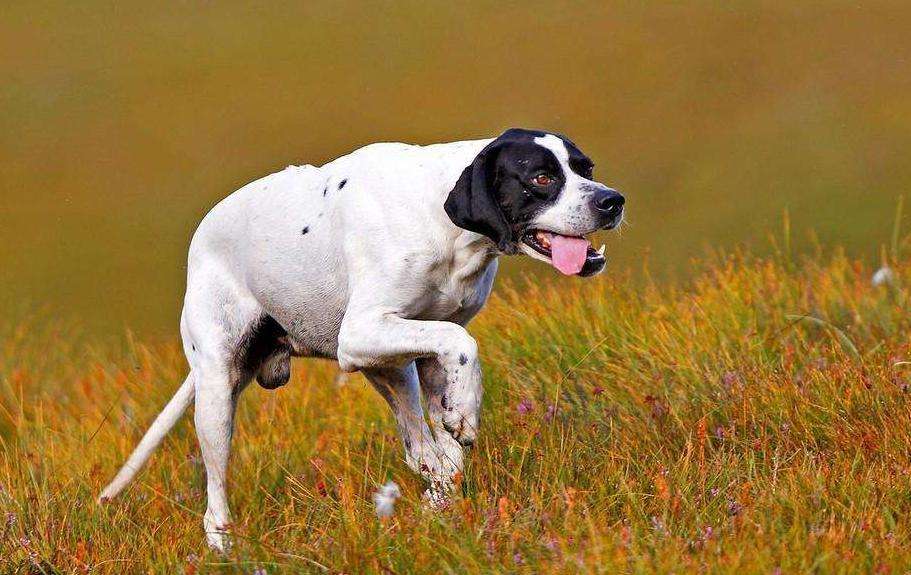
The Pointer Hound originated in the 17th century. The earliest reliable record of pointing hounds in England appeared in 1650, a few years before the hunting era. Hunting with dogs aroused great interest among people, and hunting with hounds was a sport enjoyed by people at that time. The behavioral characteristics of all types of pointing hounds are that when they find prey, they will use specific body postures to indicate the location of prey to hunters. In the early days, pointing hounds were assistants for hunters to catch birds, especially quails, with nets. In the 18th century, the method of hunting birds and rabbits with guns became popular. Spanish pointing hounds began to spread to Europe. This breed used smell to track prey along the ground. In order to improve the smell ability of the early slow-moving large dogs, breeders added the bloodlines of bloodhounds, greyhounds and English foxhounds to improve the current English pointing hounds (i.e., Pointer hounds), which then spread all over the world.
The earliest descriptions of pointing hounds show that they were used to find hares far away from the campsite and find hares in competition activities. When the rabbit is found, the dogs are released to chase the hare, which is a very exciting competition. But as early as the 18th century, at least until 1711, hunting had become a popular activity, and since then, the short-haired dog has been unanimously recognized by most dog racing athletes who participate in this activity, although it is not superior to other hounds. As a sporting dog, the Pointer does not need to fight the prey personally. Its mission is to complete its own search for prey, drive the prey, and bring it back after the owner kills the prey. Unlike the Golden Retriever, which is also a sporting dog and has a great reputation, the Pointer is relatively unknown in China.
The first impression of the Pointer is naturally its extremely high appearance. In the 129th "Most Beautiful Dog Contest" held in New York, a Pointer named "Cary" defeated more than 2,500 dogs that "rely on their faces to make a living" and won the championship.
The Pointer is lively, likes games, and is very obedient. It has a keen sense of smell and a strong reaction to food. It is very focused and has a strong desire to pick up things. It is very suitable for training to be a police dog. In some operations such as drug enforcement, search and arrest, disaster relief, tracking and searching for explosives, the Pointer has an innate advantage. The Pointer is also one of the choices for becoming a guide dog after training.
The Pointer is not a delicate "flower in a greenhouse" and does not require meticulous care. The Pointer has very short hair and is very easy to take care of. Its gentle character makes it extremely friendly, and there is no need to worry about children being afraid of it. It does not have a strong desire to attack and is very loyal. These characteristics determine that the Pointer is very suitable to enter thousands of households and become a pet dog to accompany people. Of course, when the Pointer plays the role of a pet dog, it is necessary to ensure that it has sufficient exercise.
Protect wild animals and eliminate game.
Maintaining ecological balance is everyone's responsibility!

